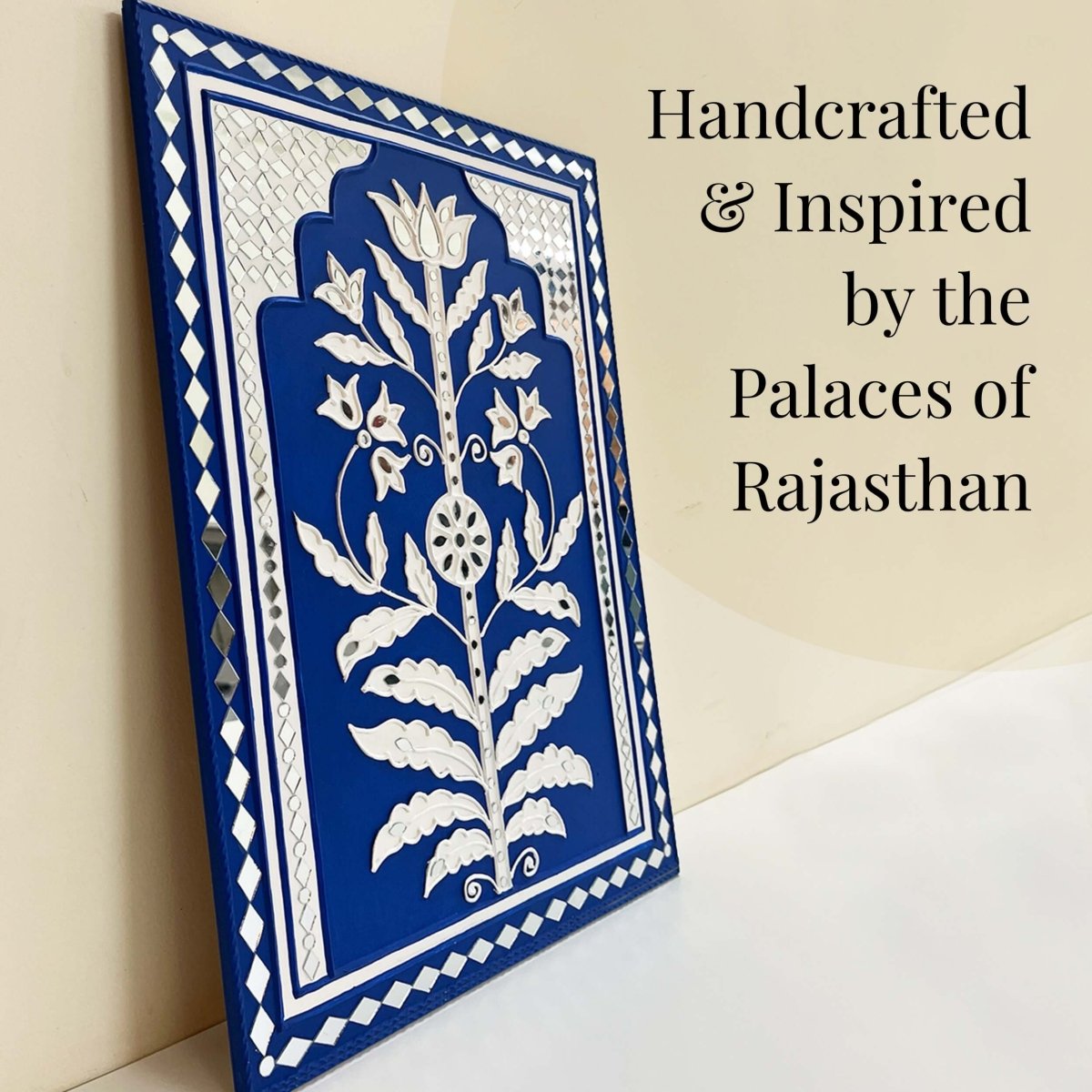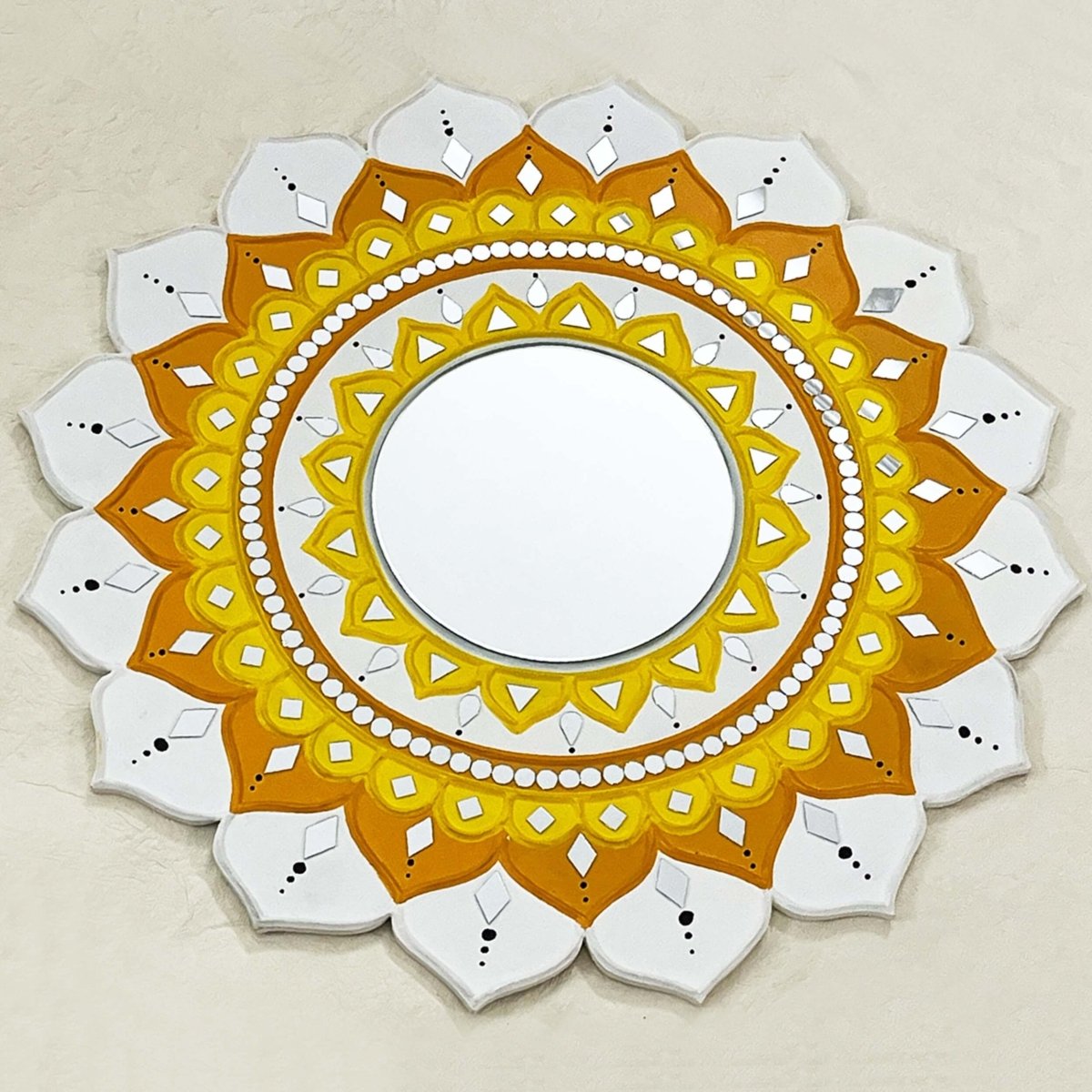Jyoti Prasad Agarwala: Assam’s Film Pioneer
BOOKMARK
Jyoti Prasad Agarwala might have gone down in history as the filmmaker who made India’s first talkie –but serving his country came first. Agarwala will instead be remembered as the founder of Assam’s film industry, his production Joymoti (1935) signalling the beginning of a cinematic revolution in the North-Eastern state.
Fondly called ‘Rupkonwar’, Agarwala was a poet, playwright, writer and a songwriter but it was cinema that he was most passionate about. He hailed from a wealthy family, who owned tea plantations in Assam, and included litterateurs, poets, educators and freedom fighters. In his biography, Jyoti Manisha, Dr Prahlad Kumar Baruah says that Jyoti Prasad Agarwala showed extraordinary talent as a child and enjoyed singing, reading, acting and recitation. Creatively, he was so gifted that he wrote his first play, Sonit Konwori, at the age of 14. A modern version of the mythological story of the love between Usha and Aniruddha, it was later included in the curriculum at Gauhati University.
Agarwala schooled in Dibrugarh and Tezpur, was unable to pursue his education just then as he was drawn into the freedom movement. In 1918, he accompanied his father to attend the Ahmedabad Congress and it was an inspiring speech by Mahatma Gandhi that stirred an abiding love for his country in his heart.
The Agarwala family was deeply involved in the freedom struggle, and during Mahatma Gandhi’s first visit to Assam in 1921, Gandhi stayed at the Agarwala family home in Tezpur. Called ‘Poki’, it was the first concrete (‘pucca’ in Hindi and therefore ‘Poki’ in Assamese) house in Tezpur and became an important meeting place for nationalists such as Madan Mohan Malavya, Motilal Nehru, Aruna Asaf Ali and C Rajagopalachari.
This was the 1920s and like so many other young men and women of the time, Agarwala was swept up in the nationalist sentiment that gripped the nation. He aborted his education and plunged into the Non-Cooperation Movement.
For the young Agarwala, cinema was not on the horizon just yet and he returned to Assam and began to assist his uncle Chandrakumar Agarwala, who was publishing a local newspaper, Axomiya. But the time had come for him to complete his education and, in 1926, Agarwala travelled to Scotland after he was accepted by the University of Edinburgh to study Economics.
But a creative mind like his was not cut out for a subject as prosaic as Economics, and Agarwala found solace in composing melodies that went on to become some of the most popular songs in Assam during his time, and are now famous as Jyoti Sangeet. As his time at university wore on, he grew more and more restless and increasingly intrigued by a new medium that had begun to enchant the whole world – cinema.
In 1930, Agarwala abandoned his studies at the University of Edinburgh and decided to return to Assam. En route, he spent seven months at UFA Studio in Berlin, Germany, where he met Himanshu Rai, then a young artist from Bengal, who later went on to found the famous film studio, Bombay Talkies, along with actress Devika Rani. Agarwala found his discussions with Rai’s about cinema invigorating and he picked up the technicalities of filmmaking from him.
While in Berlin, Agarwala attempted to turn his play, Sonit Konwori, into an English movie, with the help of UFA Studio. Things didn’t work out but the experience greatly enhanced his knowledge of filmmaking.
After his stint in Germany, the budding filmmaker returned to India and almost immediately dove into the freedom movement, yet again. Filmmaking would have to wait. While Agarwala was asserting his country’s right to self-rule, filmmaker Ardeshir Irani made history in India by releasing Alam Ara on 14th March 1931. The film was India’s first talkie and this momentous achievement revived Agarwala’s desire to turn his own dream into a reality. That same year, Pramathesh Baruah too made history by producing and releasing Aparadhi, the first Indian movie to be shot under artificial lights.
Agarwala was now more motivated than ever to become a filmmaker and, while in jail in 1932 – like so many other nationalists, he too had been falsely accused of treason by the British – he scripted his epoch-making Joymoti, based on a play written by noted litterateur, Laxminath Bezbaruah. It was the first-ever Assamese movie.
In his book, Dr Baruah says that as soon as Agarwala was released from jail, he headed for his family’s Bholaguri tea estate at Gohpur in Biswanath district of Assam, converted it into a studio and set to work. He named his studio ‘Chitraban’ and published a newspaper advertisement, inviting prospective actors to audition.
He also started collecting Ahom paraphernalia such as royal robes, swords and shields, vintage furniture and ornaments from various satras (Vaishnava prayer houses), to give his film sets an authentic feel. He brought in technicians from Lahore and drew many actors to audition for the roles of the male characters.
But Agarwala was stuck for a female lead. Initially, no actresses came forward to play the protagonist, an Ahom queen, who chose torture and death over revealing the whereabouts of her husband, King Swargadeo Gadadhar Singha, who was being hunted down by political rivals. In those times, social taboos barred Assamese women from acting, and it was a struggle for Agarwala to find his Joymoti Konwari – till Aideu Handique came forward.
Dr Umakanta Hazarika, in his book, Politics of Love and Nationalism, writes about the women who dared to stand up to society and worked in Agarwala’s film. Hazarika says that Handique was barely 16 years old when she was introduced to the filmmaker by a cousin of hers. Agarwala carefully groomed her to emote in front of the camera and she went on to make history.
But Handique paid a heavy price for the stand she took. She and her family were ostracised by her village, till her family apologised to the village Panchayat for her ‘misdeeds’. Her family continued to reject her and she spent her days in a cowshed. And she was ‘condemned to remaining single’ all her life as no one was prepared to marry a girl who had addressed the hero in a film as ‘Bongohor Deo’ or ‘dear husband’. It was unheard of then!
It wasn’t easy for other actresses either, like Mohini Rajkumari, Dineswari Ray Bhuyan, Makun, Brteswari Rajkumari and Raseswari Hazarika. Although these women belonged to prominent families and were encouraged to act in movies, they still faced severe social disapproval for going against established norms. Despite the hardships their choices entailed, they cut a new path for women in Assam and kick-started a change in socio-cultural perspectives.
On 10th March 1935, Joymoti finally released. It was screened at Raunak cinema in Calcutta. The premier show was graced by Pramathesh Baruah and he was very impressed by Agarwala’s work, but the public wasn’t. The film didn’t do well at the box office and Agarwala suffered debilitating financial losses.
The zealous filmmaker wasn’t fazed. Agarwala made a second film, Indramalati, which released in 1939, but ill-health prevented him from making any more movies and the onslaught of cancer took its toll. Agarwala died on 17th January 1951, at the age of 47, at his ancestral home Poki in Tezpur.
Agarwala was a pioneer in more ways than one. Besides the obvious – being the founder of Assam’s film industry – his movies made bold political statements and both the films he made cast women in very prominent roles. His contribution to art and culture, the emancipation of women, and their social and economic independence is still felt in Assam today.









